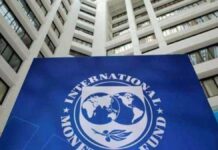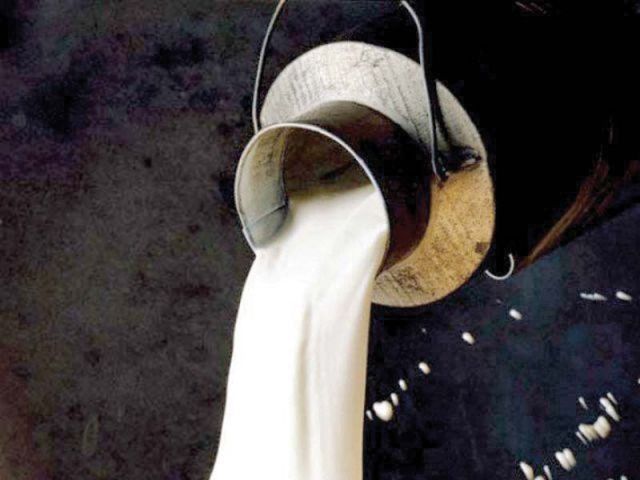by Raja Faisal
Islamabad: Heavy taxation on dairy products is badly hampering the dairy industry which affects the consumer prices. Though government promises to ease up the food industry taxation to decrease malnutrition faced by Pakistan, yet the dairy industry gets taxed heavily.
Taxation on dairy products is on two fronts, one is the imposition of a regulatory duty on skimmed milk powder i.e. 25 per cent and other is the discontinuity of sales tax zero-rated regime on dairy products. Both are impacting dairy Industry as 95 per cent of the milk market share is still with loose milk market which is unregulated and non-taxable.
Loose milk markets: an unhealthy alternative:
Loose milk market is not only creating havoc with the health of consumers but it is not contributing anything to the national exchequer. Adulteration of every kind is prevailing in open milk. Fertilisers, polluted water, washing powders, and hair removal powders are being used to increase the quantity of open milk to fetch more sales in the loose milk market. Concerned authorities neither have capacity nor expertise to control it.
In recent times, urban civil managements and food inspectors played a vital role in exposing the open milk. It is assumed that almost 6 million litres of loose milk is entering into Karachi’s markets and no authority has the capacity to control it. This can only be possible with a public-private partnership so that workable business model can be introduced to create a win/win situation for all the stakeholders.
What can flourish the Dairy Industry:
Experts suggest that government should pass and implement the minimum pasteurisation law to make dairy a formal sector. Moreover, the government should enforce a uniformity of standards among federal, provincial and regional regulatory bodies.
The government should give at least 10 years to the dairy sector as zero-rated tax regime and no duty on skimmed milk powder shall be imposed till the industry is self-sufficient in milk production. The increase in milk collection points all over the country will not only increase the access to more and more farmers but milk testing would be a lot easier and quicker. With the decrease of taxes, the cost of operating will decrease which will increase profit margins and provision of a cheap source of good milk.
Dairy Industry and CPEC:
Pakistan is known for its farming culture. If the government initiates guidance programmes for farmers at a lower level with the help of the existing industry, it can lead to massive results in future exports of Pakistani dairy products in the region.
If farmer development and livestock capacity development is looked after by the government, there is every reason to believe that Pakistan will become an exporting country in the near future.
With the advent of the CPEC, Pakistan has corridors to export easily to the Gulf States as well as the Central Asian states. If minimum pasteurisation law is implemented there will be a ‘white revolution’ in the country and there can be pasteurisation units in every town of Pakistan, creating revenue generation for the country.
Malnutrition in Pakistan:
Pakistan is facing malnutrition at the highest levels. According to the recent reports of United Nations Food and Agriculture Organization (FAO), 37.5 million people in Pakistan – which is 24 per cent of the total population – are undernourished. Malnutrition in Pakistan is usually linked to poverty. A large number of people of Pakistan are either jobless or earn too less to buy high-priced nutritional food. If the government is to fight malnutrition in Pakistan, it has to regulate the food-related industries, as well as reduce taxes on nutritional products.
























